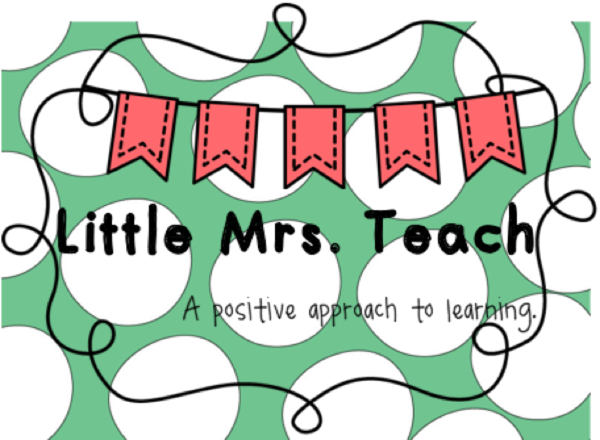My Child Isn't Getting The Education I Hoped For
I’m writing this post out of purely selfish reasons, we are
now entering the period of time where my daughter is ready for preschool, so
the hunt has begun. Lucky for us, it wasn’t a very long list of choices. Due to
my daughter speech needs, we had to work with the school district and send her
to a nearby school in our residing school district. This may seem to
preposterous to some, seeing as how I didn’t really get a chance to pick what I
want, but I’ve got a secret weapon…it’s my teaching credential.
(Apple Week at our house)
I understand that not every family is in possession of one
of these, but you don’t have to for what I’m trying to say. I function on the
belief that whatever my child isn’t getting in the classroom, I will provide
myself.
(Spider Week at our house)
I have experience of working in the classroom and will now
begin the journey of being the recipient of the teaching my daughter is
receiving. I will have the tendency to be critical, but I’m realizing that that
is really a waste of time. I can choose to participate in the gossip about the
best teachers or preschools, but instead I’m preparing myself now to use that
time to provide tools and concepts that my daughter may not be getting in the
classroom. And so can you!!
(Spider Week at our house)
- Decide on things that are most important. For us, I want my daughter to have a love for learning and reading as well as Biblical education. This may not be your desire and that is okay. Choose a few things that you may enjoy or things you’d like to expose your child to: field trips, Montessori practices, reading, writing, math, science, religious.
- Research online or find books. The library is a great place and resource to find support and information about styles of teaching and approaches to learning. You may find something unexpected.
- Find a support group. This may be online or a community group, where you are able to share your wishes for your child’s education and feel supported. But keep an open mind in knowing that not everyone has the same beliefs and expectations for their child.
- Begin having fun. Implement these practices and techniques slowly at first and then as you feel more comfortable add more. The way that you perceive this experience and relay it to your child(ren) is how they will experience it. Try to stay positive no matter what the circumstance is and leave all concerns and frustrations for your support group. This way you child pairs learning with a sense of fun.
(Apple Week at our house)
I wish you good luck in your endeavors and encourage you to
always take the glass half full approach when it comes to your child’s
education. Remember that the experiences that they have with learning will
impact their desire to continue learning, so if they aren’t feeling confident
in school. Let’s work together to do it at home.
Let me know in the comments section your thoughts on public
education and what things you do at home to ensure a positive schooling experience.






